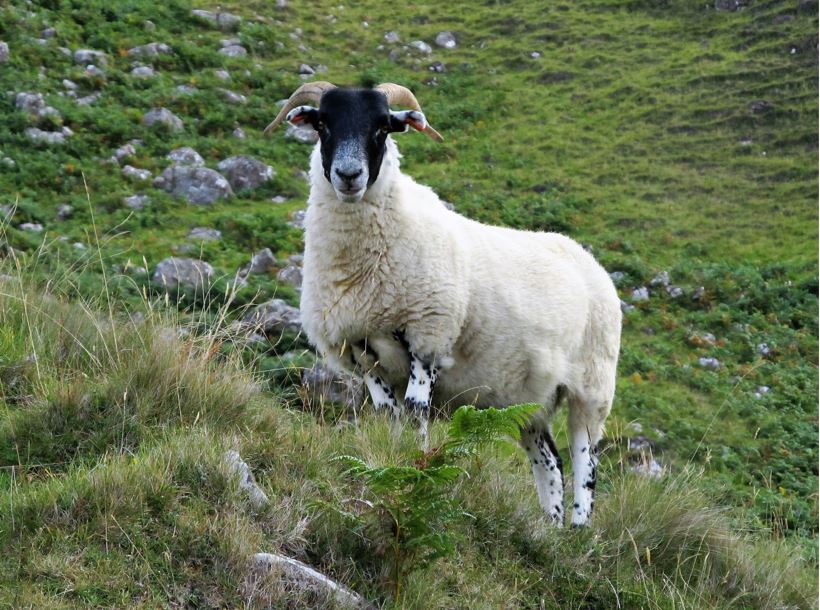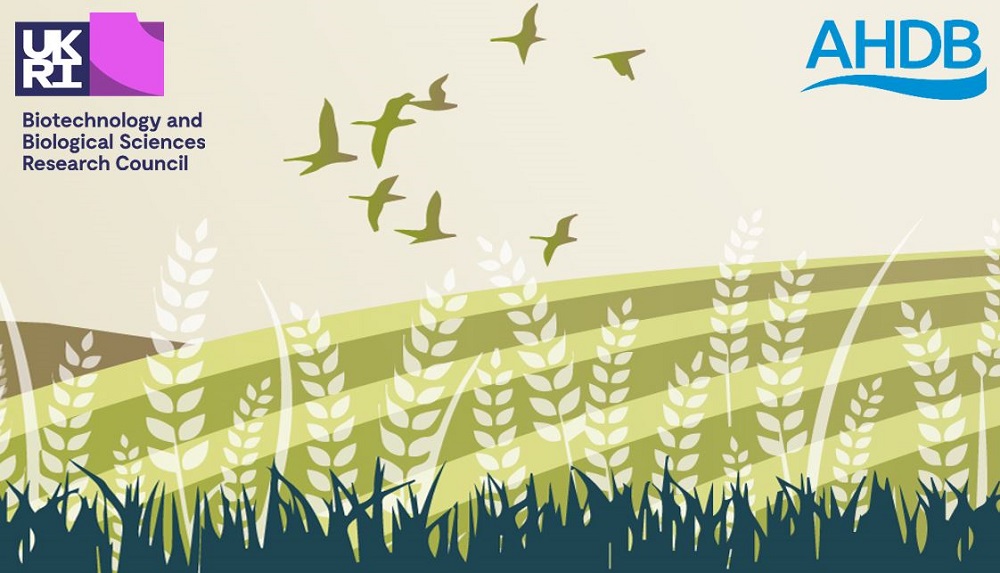- Home
- Knowledge library
- Breeding climate resilient sheep (AHDB/BBSRC net-zero partnership)
Breeding climate resilient sheep (AHDB/BBSRC net-zero partnership)
Summary
Background and facts
- Climate change is occurring worldwide and manifested in changing air temperatures and increasing weather volatility.
- Climate change affects farm animal performance and poses a threat to the livestock production sector.
- Different animals are known to react differently to changing climatic and weather conditions, and part of these differences is known to be genetic.
- Animal resilience to climate has been defined as the capacity of individual animals to produce and perform unaffected by climate and weather changes.
- Breeding livestock for enhanced resilience to climate change has been proposed as a mitigating practice.
- Genomic data can be used to facilitate and optimise livestock breeding.
Project aims and results
- The present study set out to examine the genomic background of resilience of growing lambs to climate change.
- Specific objectives were to
- (i) estimate genetic parameters of climate resilience in Scottish Blackface sheep;
- (ii) identify genomic markers and regions associated with climate resilience, and
- (iii) derive and examine genomic breeding values of individual animals for climate resilience.
- Live body weight data of individual Scottish Blackface sheep were analysed jointly with air temperature data collected from the nearest weather station to the farm, to derive sheep resilience phenotypes.
- Resilience phenotypes were analysed jointly with animal genotypes and pedigree data to examine the genomic background of the trait.
- Sheep resilience to air temperature changes was found to be a heritable trait manifested in notable genetic differences among individual sheep regarding their capacity to cope with weather change.
- The feasibility of deriving genomic breeding values for resilience was demonstrated. Estimated genomic breeding values were of reasonably high accuracy and could be used to distinguish between animals with inherently low and high resilience.
- Certain genomic markers and regions associated with resilience were identified. Although neither markers nor regions would be individually responsible for substantial proportions of the trait variance, they may be used to improve the accuracy of genomic breeding values.
Conclusions
- It is possible to enhance sheep resilience to climate change with selective breeding.
- Development of resilience phenotypes on individual animals is a straightforward process based on the combination of data already available in the genetic evaluation and improvement programme with public weather records.
- Genomic breeding values can be calculated as for any other trait and underpin genetic selection decisions. This would benefit sheep breeders and farmers.
- In addition to production and growth, improving sheep resilience to climate change may also enhance animal health and welfare.
AHDB/BBSRC net-zero partnership
*This project was part of an AHDB/BBSRC partnership that aimed to support the agricultural transition to net zero. Project costs were met through BBSRC’s Farm Sustainability Fund. The partnership supported ten projects that addressed priorities identified by farmers, including ways to cut greenhouse gas emissions and increase carbon storage.
Sector:
Beef & Lamb
Project code:
91140082*
Date:
01 December 2021 - 31 March 2022
Funders:
BBSRC*
AHDB sector cost:
£0
Total project value:
£48,795*
Project leader:
SRUC (Georgios Banos)



